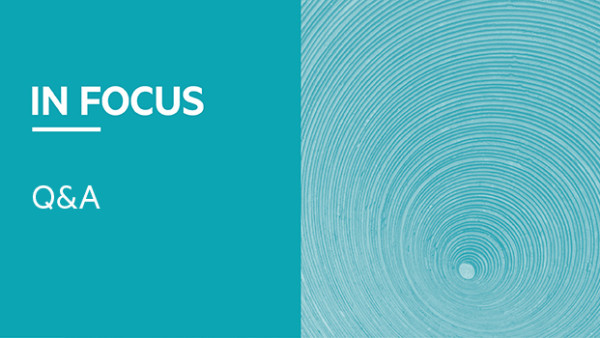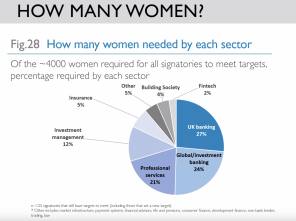

Paraplanners can provide a host of services for clients and advisers alike.
The role itself can also offer great personal fulfilment and plenty of flexibility - aspects of a career path that appeal to so many people these days.
For a woman, working in financial planning as an adviser or a paraplanner can be a particularly exciting and rewarding role - although it can also come with its challenges.
FTAdviser In Focus caught up with paraplanner Katrania Lowers, chartered MCSI with the Chartered Institute of Securities and Investment.
FTAdviser: Why did you become a paraplanner?
Katrania Lowers: I became a paraplanner because I wanted to help make a difference to people's lives. You wouldn't start building a house without a clear plan - how much more so, your life and finances?
The fulfilment I get from coming up with solutions to help people achieve their aims and aspirations makes the job worth it.
I would like to progress onto being an adviser and I think the technical knowledge and experience that being a paraplanner provides is a very important stepping stone on that journey.
FTA: What barriers (if any) did you find as a woman and how did you overcome them?
KL: I found myself applying for roles that I was turned down for and, in my place, men were hired. Whether it was due to my gender, or not, will never be known.
What I will say is work towards your diploma (it really helps), be ambitious, don't be afraid to pursue your goals and keep going after them. Eventually, someone will notice your positive, unwavering attitude and not just your gender.
FTA: Why is it important to have women paraplanners and advisers from different ethnic backgrounds?
KL: Let's break this down into two parts. It's important to have women paraplanners and advisers because women often relate to and feel comfortable around other women. That's why female gyms and activities have become so popular.
There are things that women only feel comfortable telling other women about. To get the most out of your client and to completely understand them, you want them to feel comfortable in talking and opening up to you.
This is also why it's so important to have an ethnically diversified female financial planning workforce. Often, clients' needs can be better understood and met due to the enhanced range of skill-sets and experiences that ethnic diversity provides.
This, in turn, can lead to better client outcomes. The fact of the matter is, one size doesn't fit all.
FTA: What benefits does it bring to a company to have paraplanners working alongside them? How might it benefit the client?
KL: The analytical and meticulous nature of a paraplanner allows us to research, information gather and create plans for clients, while ensuring nothing is overlooked. This frees the adviser to spend more time in their client-facing roles.
This only allows the adviser to truly service their clients but also this provides the client with the peace of mind that, whether it's a financial plan, recommendation or both, the advice presented to them has been made on the basis of a full understanding of their needs, objectives and current circumstances.
FTA: What tips could you give a young woman starting out in paraplanning? What sort of skills will they need to have?
KL: Often you will draft advice and be informed of a change in a client's circumstance or find out new information, that completely alters the advice you have wrote. Therefore, as you need to be able to take things like this in your stride and amend accordingly.
Likewise, we have to come up with solutions, recommendations or roadmaps for clients - but it's not always as simple as getting from A to B, so the ability to problem solve is another important skill.
If I could pass anything onto a new paraplanner, it would be to uphold high financial planning practices and never compromise on integrity or ethical standards.
With more women joining the financial services sector than ever before, there's never been a more exciting time to join.



